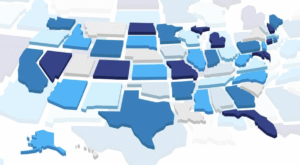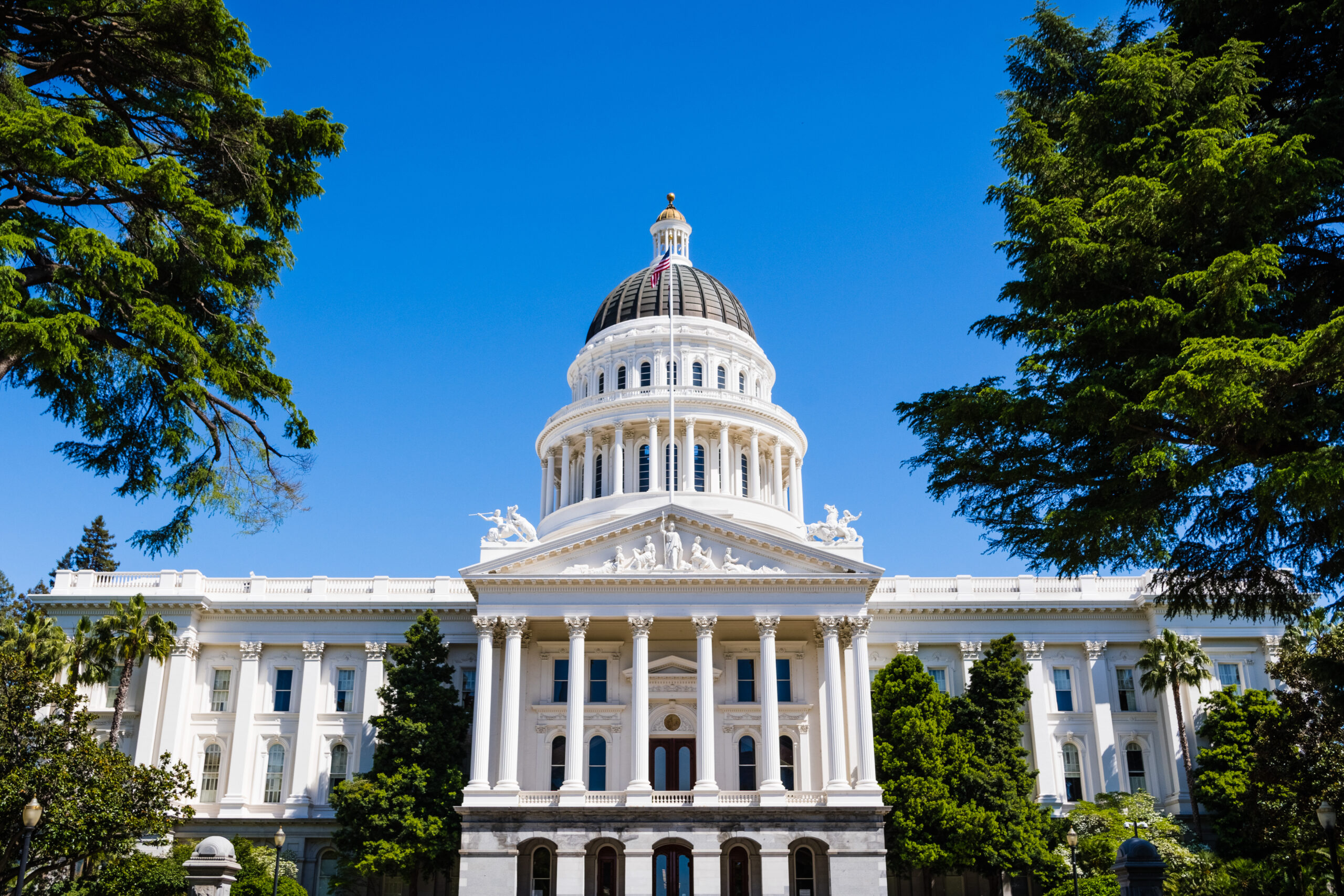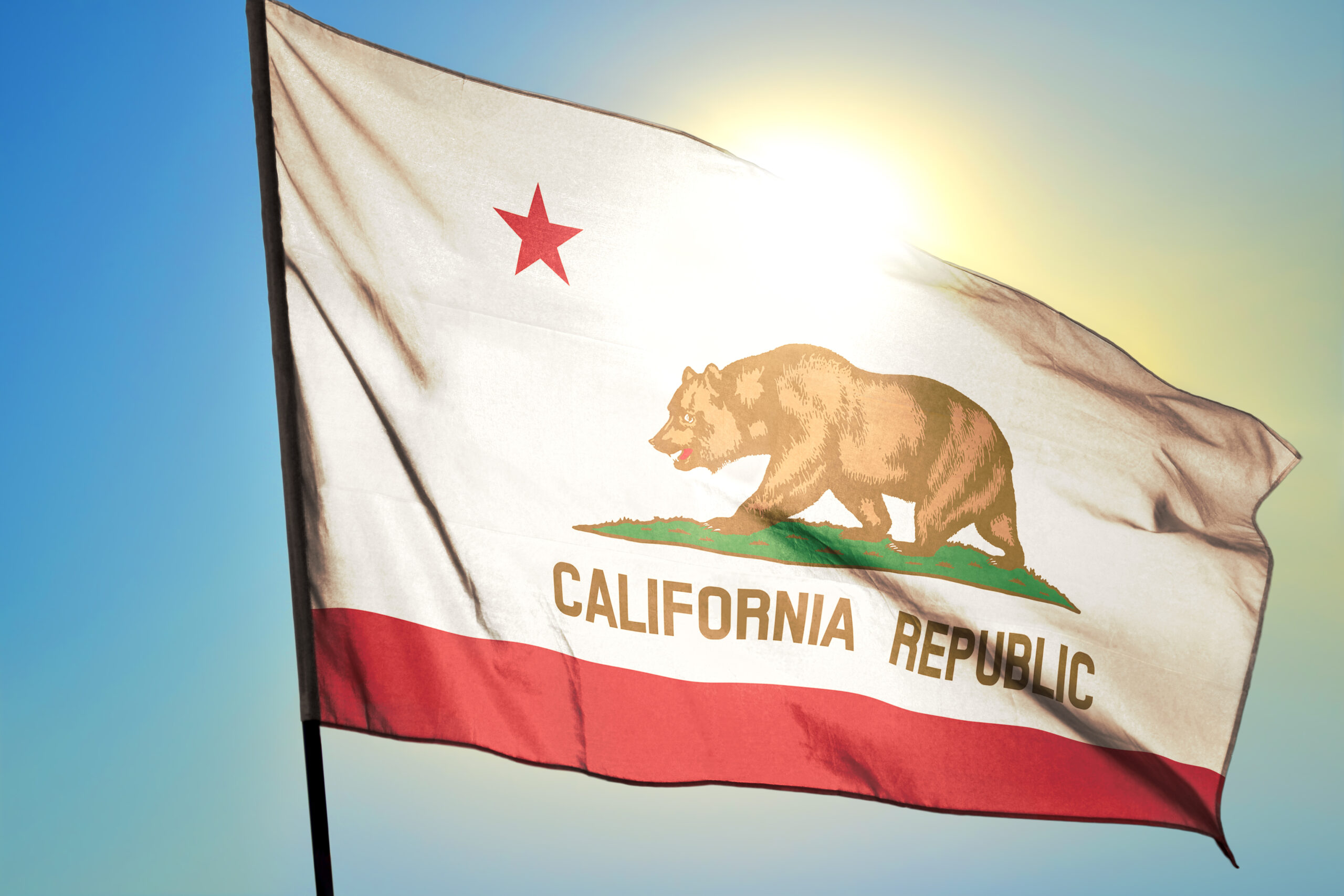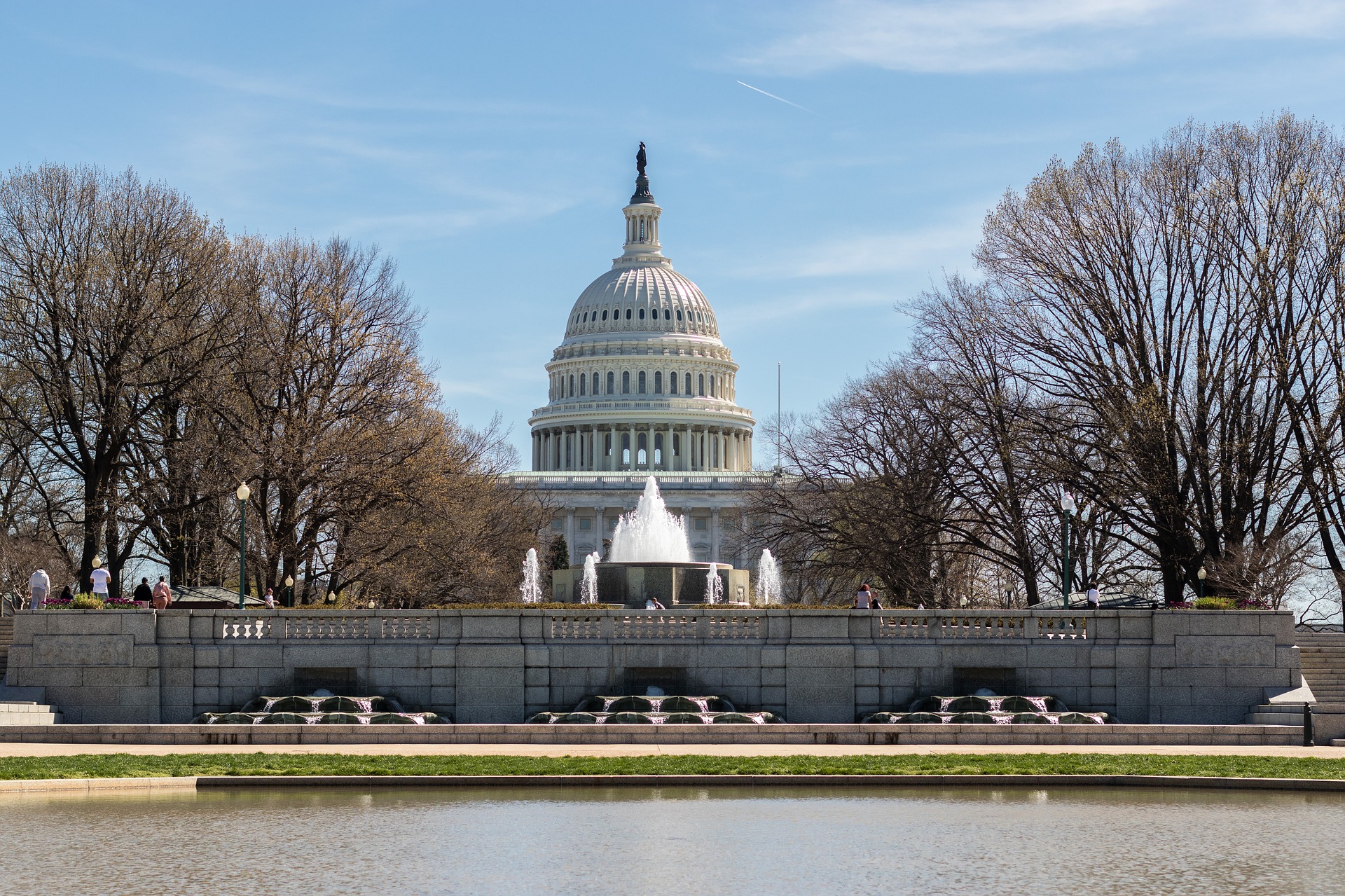Across the United States, evolving data collection and processing practices are driving digital services and socially beneficial research, but also pose increasing risks to individuals and communities that America’s existing sectoral privacy frameworks are insufficient to govern. In response, leaders in law and policy are considering more comprehensive approaches to privacy regulation, which establish baseline rights and protections for personal data throughout the economy. Years of negotiations in Congress culminated in the introduction of the bipartisan American Data Privacy and Protection Act in 2022; however, its fate remains uncertain. In the absence of federal legislation, five U.S. states—California, Virginia, Colorado, Utah, and Connecticut— enacted comprehensive consumer privacy laws between 2018-2022.
The Future of Privacy Forum provides expert, independent analysis of legislative and regulatory approaches to protecting data privacy interests. FPF does not typically support or oppose particular bills, but instead focuses on analyzing proposals in relation to existing privacy frameworks, sharing information on current data practices and technologies, and ensuring that data governance strategies are future-looking and adaptable.
FPF also engages with the broader privacy community through reports, blog posts, webinars, and educational programs such as the CPRA Law + Tech Series. It is our view that robust and durable policy outcomes can be achieved when all stakeholders are equipped to understand the key technologies, business practices, and legal mechanisms available to regulate privacy and data protection. FPF’s legislation work is led by Tatiana Rice, Senior Director.
Featured
The “Colorado Effect?” Status Check on Colorado’s Privacy Rulemaking
Colorado is set to formally enter a rulemaking process which may establish de facto interpretations for privacy protections across the United States. With the passage of the Colorado Privacy Act (CPA) in 2021, Colorado, along with Virginia, Utah, and Connecticut, became part of an emerging group of states adopting privacy laws that share a similar […]
FPF Participates in FTC Event on “Commercial Surveillance and Data Security” Proposed Rulemaking
Yesterday, FPF Senior Director for U.S. Policy Stacey Gray participated in a panel discussion hosted by the Federal Trade Commission (“FTC”) regarding its Advance Notice of Proposed Rulemaking (“ANPR”) on “Commercial Surveillance and Data Security” (comments start at 1:39:00). Feedback from the public forum is intended to help inform the Commission’s decision whether to proceed […]
Age-Appropriate Design Code Passes California Legislature
Update: On Sep 15, 2022, California Governor Gavin Newsom signed AB 2273, the California Age-Appropriate Design Code Act. The law will apply to businesses that provide online services, products, or features likely to be accessed by children and broadly requires businesses to implement their strongest privacy settings by default for young users up to the age of […]
FPF Addresses ‘Opt-Out Preference Signals’ in Comments on California Draft Privacy Regulations
Yesterday, the Future of Privacy Forum (FPF) filed comments with the California Privacy Protection Agency regarding the Agency’s initial set of draft regulations to implement the California Privacy Rights Act amendments to the California Consumer Privacy Act. FPF’s comments are directed towards ensuring that both individuals and businesses have clarity for the implementation and exercise […]
ADPPA Would Surpass California’s Laws, but Improvements Remain
The American Data Privacy and Protection Act (ADPPA) was passed through the House Energy and Commerce Committee on July 20, a proposal which experts and advocates agree is long overdue. However, objections from California leaders may threaten the bill’s passage. Stacey Gray, the FPF’s Director of Legislative Research & Analysis, argues otherwise in a new […]
ADPPA Helps Protect Civil Rights for All Americans
Today, The Hill published an op-ed from the Future of Privacy Forum’s (FPF) Senior Policy Counsel for Data, Decision Making, and Artificial Intelligence Bertram Lee. The piece highlighted that privacy, particularly in the context of digital services, electronic data flows, and personal data, is a civil right. Yesterday, the House Energy and Commerce Committee voted […]
FPF Files Comments on White House Office of Science and Technology Policy Actions to Advance Privacy-Enhancing Technologies
FPF Files Comments on White House Office of Science and Technology Policy Actions to Advance Privacy-Enhancing Technologies On July 8, 2022, FPF filed comments with the White House Office of Science and Technology Policy (OSTP) regarding specific actions that would advance the adoption of privacy-enhancing technologies (PETs). As emerging technologies continue to offer increased speed, […]
FPF Files Comments on Colorado Privacy Act Pre-Rulemaking Activity
Today, the Future of Privacy Forum (FPF) filed comments with the Colorado Department of Law regarding forthcoming rulemaking under the Colorado Privacy Act (CPA). The CPA, which goes into effect in July 2023, will establish important new data privacy rights, controls, and protections for individuals in Colorado. FPF’s comments are directed toward ensuring that forthcoming […]
California Age-Appropriate Design Code Aims to Address Growing Concern About Children’s Online Privacy and Safety
Authors: Chloe Altieri, Kewa Jiang Kewa Jiang, CIPP/US, is a 2021 graduate of USC Gould School of Law and a Student Contractor with FPF’s Youth and Education Privacy team. On May 26, 2022, AB-2273, the California Age-Appropriate Design Code Act (ADCA) unanimously passed the California Assembly and moved to the Senate for consideration. California Assembly […]
FPF Testifies Before House Subcommittee on Energy and Commerce, Supporting Congress’s Efforts on the “American Data Privacy and Protection Act”
This week, FPF’s Senior Policy Counsel Bertram Lee testified before the U.S. House Energy and Commerce Subcommittee on Consumer Protection and Commerce hearing, “Protecting America’s Consumers: Bipartisan Legislation to Strengthen Data Privacy and Security” regarding the bipartisan, bicameral privacy discussion draft bill, “American Data Privacy and Protection Act” (ADPPA). FPF has a history of supporting […]















